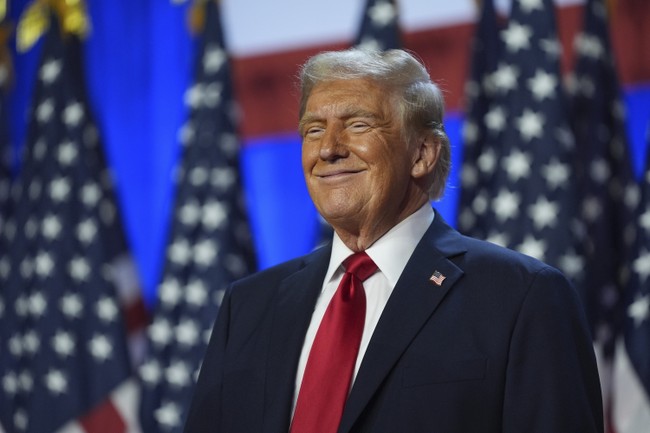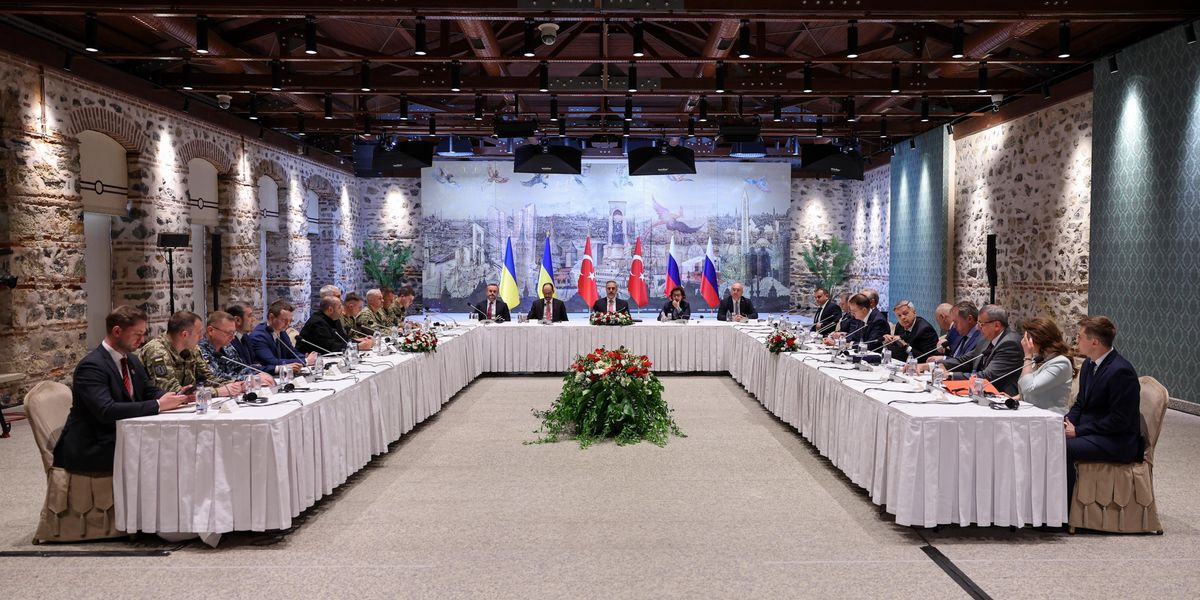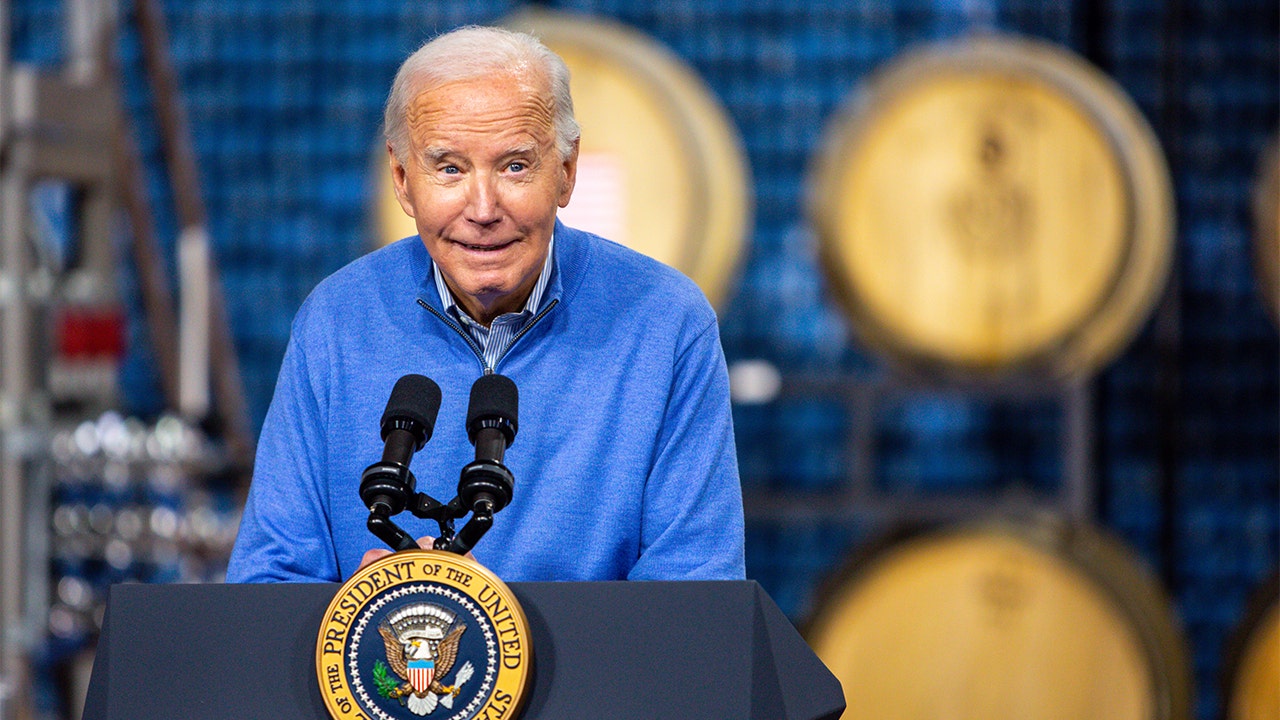Perhaps tariffs don’t work as an economic policy. They do have an effect in terms of foreign policy, however, and Donald Trump has succeeded in generating resets with both of our neighbors ahead to taking office. Canada’s Justin Trudeau has already signaled a willingness to renegotiate security concerns, and Mexico’s president followed suit yesterday.
The amount of negotiation may be under dispute, but not the direction in which talks have already gone. Trump claimed that Claudia Sheinbaum Pardo has agreed to “effectively close[e] our Southern Border” in a Truth Social post, but Mexico’s president tried to clarify it afterward:
“Just had a wonderful conversation with the new President of Mexico, Claudia Sheinbaum Pardo,” Trump wrote on Truth Social.
“She has agreed to stop Migration through Mexico, and into the United States, effectively closing our Southern Border,” he added.
Trump, 78, noted that he and Sheinbaum Pardo also discussed illegal drugs coming into the US from south of the border during their “very productive conversation.”
“We also talked about what can be done to stop the massive drug inflow into the United States, and also, U.S. consumption of these drugs,” he wrote. “It was a very productive conversation!”
The New York Times reported that Sheinbaum Pardo contradicted Trump, but only in part. In a statement later, she called their conversation “excellent,” but said she’d only agreed to stop the migrant caravans from reaching the US — and claimed Mexico had already begun to address that issue:
While Mr. Trump posted on social media that Mexico had agreed to stop migration to the United States through Mexico, “effectively closing our Southern Border,” Ms. Sheinbaum limited her description of the migration-related issues they had discussed to migrant caravans no longer reaching the border with the United States.
Still, Ms. Sheinbaum, who earlier in the day had made clear that Mexico would impose retaliatory tariffs in response to similar measures threatened by Mr. Trump, seemed to ease tensions by saying the exchange was “excellent.”
“I had an excellent conversation with President Donald Trump,” she wrote on social media. “We addressed Mexico’s strategy regarding the migration phenomenon, and I shared that caravans are no longer reaching the northern border as they are being addressed within Mexico.”
Were they? It certainly didn’t look that way before the election. It looked more like Mexico had organized migrants to hold across the border for the last few weeks before the election. Only after Trump’s election victory did Mexico disburse the wave and redirect them away from the US, clearly grasping what had transpired and what was to come. Duane noted this the week after the election, and pointed out that Sheinbaum Pardo likely wanted to curry favor over the very issue Trump raised: tariffs, in connection with the negotiations over the terms of the USMCA trade agreement.
In that sense, Sheinbaum Pardo is accurate that Mexico had already begun addressing the migrant caravans, not to mention the transmission of fentanyl across the border. But it was the likelihood of Trump’s election and the threat of tariffs that incentivized Mexico into action in the first place. Trump’s explicit declaration of intent to impose tariffs only confirmed that Trump was going to prioritize national security and drug interdictions over short-term economic concerns.
Speaking of which, one has to wonder just how honest Sheinbaum Pardo was in her recounting of the conversation. Trump certainly has a track record of exaggerating claims in such negotiations, but Sheinbaum Pardo has plenty of reason to spin this for herself too. She came under considerable political pressure at home to stand up to Trump and kick off a tariff war rather than acquiesce again on immigration and drug-control policies. Sheinbaum Pardo could hardly let it look as though Trump had rolled her already.
And even if one remains skeptical about Trump claims in such situations, one also has to note how eager Mexico’s president was to paint their conversation as “excellent” and to cast herself as a partner on Trump’s issues. That’s something even the New York Times concedes in its coverage, albeit a bit sotto voce.
All of that is predicated on Trump’s aggressive use of tariffs to enforce American security concerns. Our partners are taking that seriously, if not literally, to use the formulation oft used in analyzing Trump’s rhetoric. Forget the economic arguments over tariffs, which tend to miss the point. This is what Trump has in mind on the foreign-policy stage: to use America’s markets as leverage to reset the world into cooperating with our interests. So far, it looks like a success.
Read the full article here







![Illegal Alien Teen Kills Innocent Woman—DA Gives Him Community Service [WATCH] Illegal Alien Teen Kills Innocent Woman—DA Gives Him Community Service [WATCH]](https://www.lifezette.com/wp-content/uploads/2024/08/2024.08.29-03.20-lifezette-66d091d599d42.jpg)
